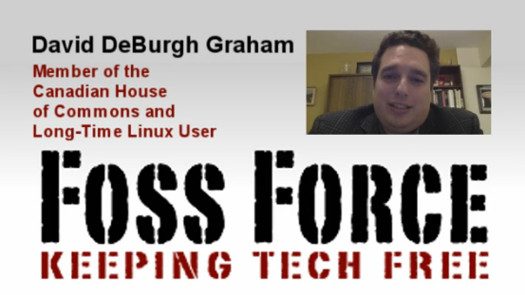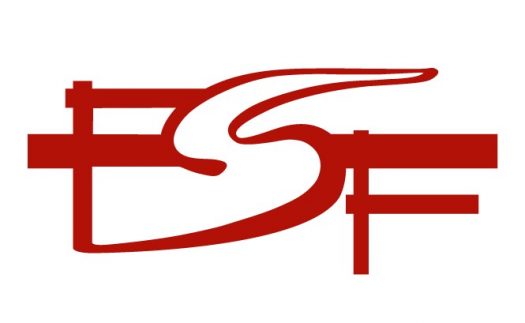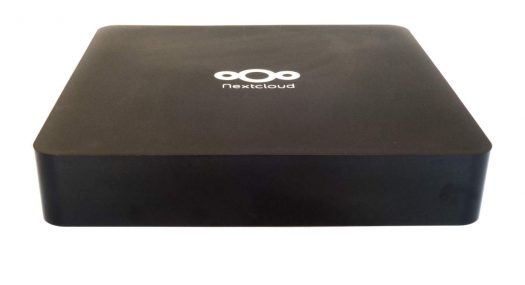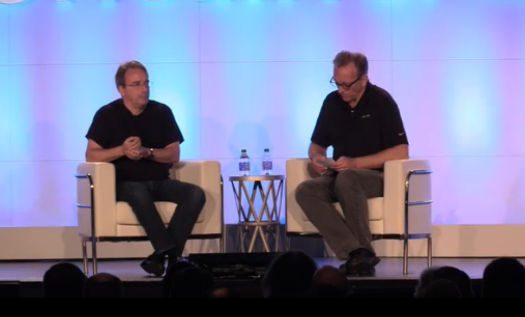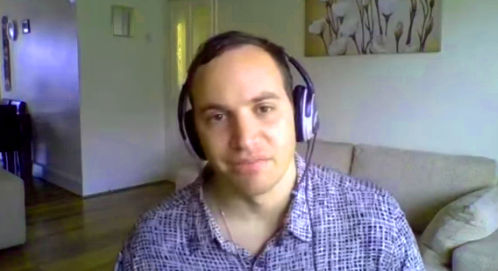Linux and open source has a friend in the “Great White North,” and we don’t mean one of the McKenzie brothers. As an MP, this…
Posts published in “Politics”
A member of the Libreboot development team has painted a picture of a lead developer who is out-of-control.
It will probably not come as a surprise to anyone who’s been following the news about Libreboot’s sudden withdrawal from the GNU Project that not everyone connected with the Libreboot project is in agreement with project lead Leah Rowe’s recent actions.
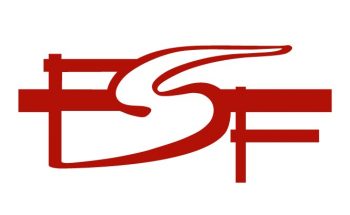 If you need catching up, the story began on Friday when Rowe posted a notice to the GNU mailing list removing Libreboot — a project that produces free, open source and blob-free software to replace proprietary BIOS firmware — as a GNU project, which it had been since May. The reason, she said, was that an unnamed friend employed by the Free Software Foundation had been dismissed on the basis of her trangendered status.
If you need catching up, the story began on Friday when Rowe posted a notice to the GNU mailing list removing Libreboot — a project that produces free, open source and blob-free software to replace proprietary BIOS firmware — as a GNU project, which it had been since May. The reason, she said, was that an unnamed friend employed by the Free Software Foundation had been dismissed on the basis of her trangendered status.
Christine Hall has been a journalist since 1971. In 2001, she began writing a weekly consumer computer column and started covering Linux and FOSS in 2002 after making the switch to GNU/Linux. Follow her on Twitter: @BrideOfLinux
Also included: Libreboot leaves GNU, municipal broadband law proposed, Linux’s second 25th birthday, a new distro release, Vim and Emacs both get upgrades, Google’s hack challenge and Oracle can’t catch a break.
FOSS Week in Review
Yesterday I got a look at some decidedly old tech: Rope beds, pewter being made by hand, ceramic wood burning stoves, a bit of blacksmithing — all at Bethabara, which is a preserved 18th century village that had been established by German Moravians, who were the first settlers around these parts. Fascinating. The event was the annual Apple Fest, with plenty of local orchards offering every variety of apple imaginable, as well as about any kind of food prepared with apples.
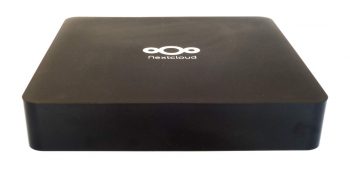
Christine Hall has been a journalist since 1971. In 2001, she began writing a weekly consumer computer column and started covering Linux and FOSS in 2002 after making the switch to GNU/Linux. Follow her on Twitter: @BrideOfLinux
Also included: Gilles Chanteperdrix passes, corporate Linux, Cisco patches against the NSA, MariaDB’s proprietary moves, Netrunner becomes Maui, Ubuntu to replace Upstart, Fedora and Wayland, and Linux client for Yandex Disk.
FOSS Week in Review
The last LinuxCon: This year’s LinuxCon, held in the city of Toronto which is one of my favorite old haunts, was the last love fest for Linux under the name LinuxCon, which had come to be synonymous for a certain type of Linux festival. In a way, it’s fitting this should be the last as the show ended on the day before Linux’s 25th birthday and was, in many ways, a celebration of the first quarter century of Linux. In another way it’s a crying shame. LinuxCon has come to stand for the community spirited nature of Linux, even though backed by the Linux Foundation, which becomes less of a community organization with the passing of each year.
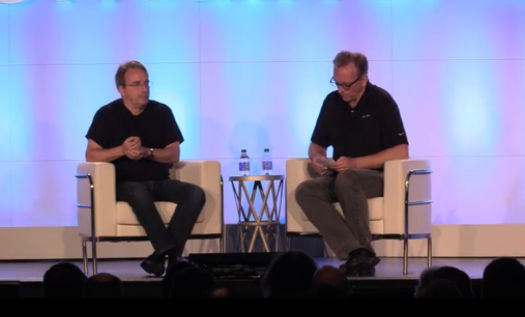
Christine Hall has been a journalist since 1971. In 2001, she began writing a weekly consumer computer column and started covering Linux and FOSS in 2002 after making the switch to GNU/Linux. Follow her on Twitter: @BrideOfLinux
Whether or not foreign governments are planning on manipulating our election results in November, it’s past time we started taking the security of electronic voting seriously.
Op-ed
Even if it turns out that the FBI’s suspicions that Russian government forces are behind the hacking of the Democratic party turn out to be untrue, the fact our government is willing to publicly speculate on the possibility should be cause for some alarm. While it’s true that from a hacking sense the Democrats’ computers were probably low lying fruit and easy pickings, so are many of the voting machines that will be called into service in November’s general election.

Christine Hall has been a journalist since 1971. In 2001, she began writing a weekly consumer computer column and started covering Linux and FOSS in 2002 after making the switch to GNU/Linux. Follow her on Twitter: @BrideOfLinux
Civil disobedience gets its due with the creation of a special award that was announced at last week’s Forbidden Research symposium at MIT.
News & Analysis
As one whose early early political education, after I was old enough to quit listening to my father and think for myself, came largely from the various civil disobedience factions in the 1960s, it’s heartening to see that disobedience now has an award. So far it’s one off, but if successful might be repeated and perhaps be awarded annually. The award will also offer the recipient more than mere accolades, as it’s attached to a $250,000 prize.
Christine Hall has been a journalist since 1971. In 2001, she began writing a weekly consumer computer column and started covering Linux and FOSS in 2002 after making the switch to GNU/Linux. Follow her on Twitter: @BrideOfLinux
Also included: LinuxQuestions.org has a birthday, six new distro releases, Ubuntu considering dropping 32-bit support and the feds were after Snowden.
FOSS Week in Review
Happy birthday America. And happy birthday to LinuxQuestions.org. America, more correctly known as United States of America since we’re not the only country on this big piece of land, turns 240-years-old on Monday, if you accept July 4, 1776 as it’s “born on” date. If it’s not too hot, I’ll be going to the Shoals community ballpark to watch the fireworks display and eat some 50 cent hot dogs. I’ll be ordering mine “all the way,” which around here means chili, slaw, mustard and onions. The birthday wish for LinuxQuestions.org is a little belated. The site was started by Jeremy Garcia sixteen years ago last weekend.
Now on to this weeks FOSS news highlights…
Christine Hall has been a journalist since 1971. In 2001, she began writing a weekly consumer computer column and started covering Linux and FOSS in 2002 after making the switch to GNU/Linux. Follow her on Twitter: @BrideOfLinux
You don’t have to be a rocket scientist to understand what’s wrong with the proposed federal court updates to Rule 41.
Anyone who’s even halfway following the news of the proposed updates to Rule 41 probably can’t help but be struck by the irony of the situation. It’s actually humorous, in a Vonnegutian tragicomic sort of way.
In case you haven’t been following the news, the proposed changes from the advisory committee on criminal rules for the Judicial Conference of the United States would update Rule 41 of the Federal Rules of Criminal Procedure and broadly expand law enforcement’s legal authority when it comes to hacking and surveillance. The Supreme Court has already passed the proposal to Congress, which must disavow the changes by December 1 or it becomes the governing rule for every federal court in the country.
Christine Hall has been a journalist since 1971. In 2001, she began writing a weekly consumer computer column and started covering Linux and FOSS in 2002 after making the switch to GNU/Linux. Follow her on Twitter: @BrideOfLinux

